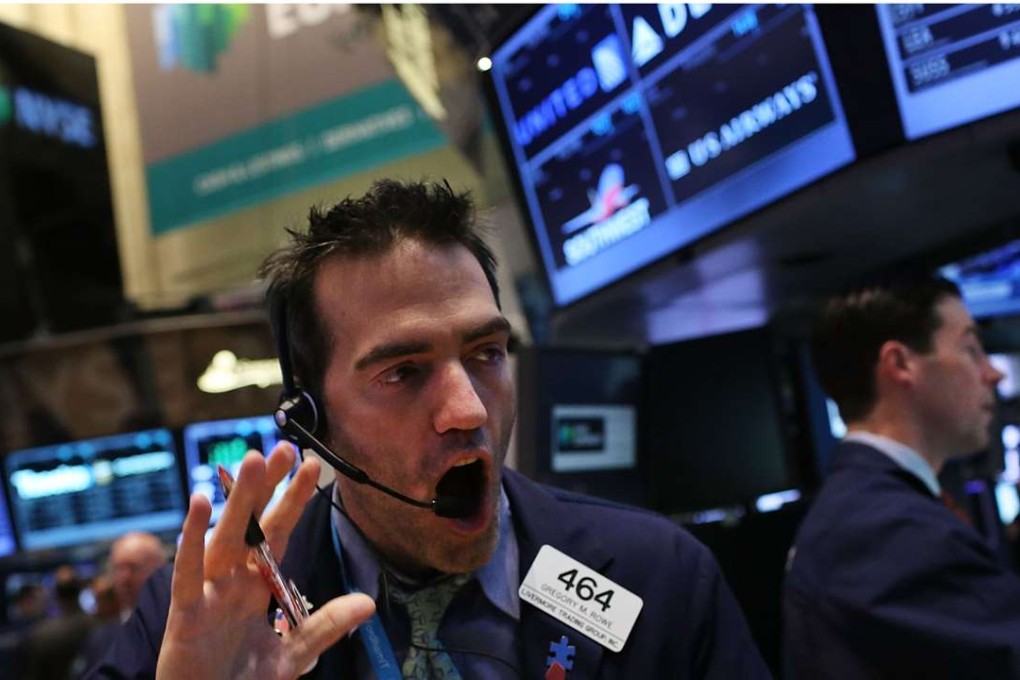The View | Free speech must be paramount for meaningful analyst comment
The recent intimidation by PAX Global CFO Chris Lee of a Macquarie analyst is unacceptable

Imagine you work as a securities analyst, and in this capacity attend an interim results briefing, where you witness the company’s chief financial officer conduct himself in a stunningly unprofessional manner – shouting at and then ejecting a banker with a bearish rating on the stock.
Do you tell clients of what you have seen? In theory, of course you do. In practice, however, it would seem the answer is No.
The scene described above took place in Hong Kong on August 10, when Chris Lee, CFO of Chinese e-payment terminal vendor PAX Global Technology, booted Macquarie analyst Timothy Lam from a results briefing.
Lee said it was not the broker’s “Underperform” recommendation that sparked his ire, but the content and quality of his analysis.
Nomura International was among the few banks that informed clients of the dust-up, and downgraded the stock to “Reduce” in response.
“While we do not judge this dispute, we think this may hurt PAX Global’s shareholder value,” the bank said.
